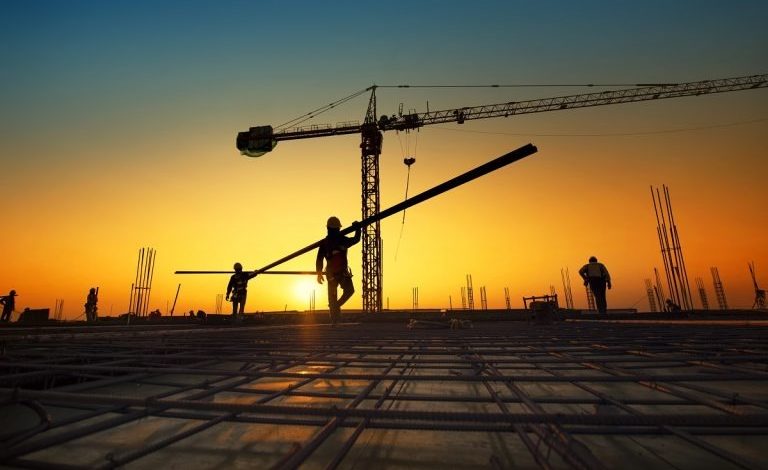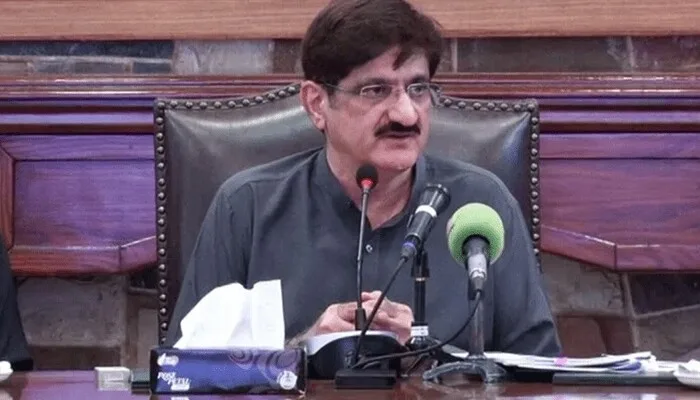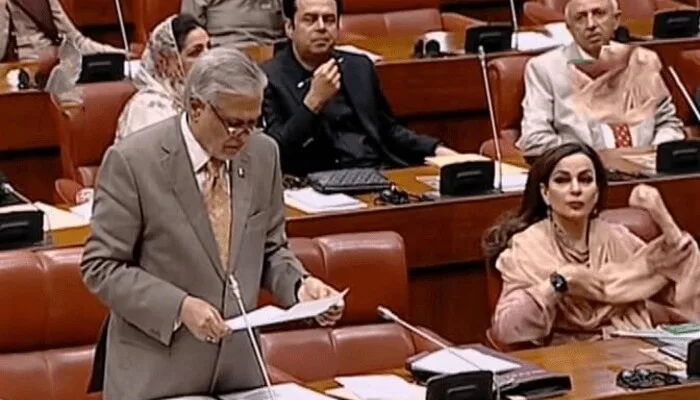
Due to the current economic crisis and restrictions on the import of raw steel materials, the price of steel rebar has gone up by a lot. This has caused problems between builders and the people who make the metal.
In a statement, the Association of Builders and Developers of Pakistan (ABAD) said that it was worried about the future of the construction industry and that it was sad that a rise in the price of steel bars forced the construction industry to shut down.
“We will continue to protest against cartelization, and we will stop buying steel at arbitrary prices,” ABAD Senior Vice Chairman Khawar Munir was quoted as saying in a statement.
He told the members of the association to keep putting off buying steel until the manufacturers brought prices back to normal. Earlier on February 9, the head of ABAD said that steel manufacturers should be avoided.
Steel prices have gone up for many different reasons, both inside and outside of the country.
“Import restrictions led to supply shocks, which caused prices for steel rebar to go up,” said Mehroz Khan, a steel analyst at Optimus Research, in an interview with The Express Tribune.
Manufacturers also raised prices because there wasn’t enough scrap metal made locally.
“Releasing restrictions on scrap imports is the only way out of this situation,” he said. “The current gap between demand and supply will continue to grow if the right steps aren’t taken.”
With the announcement of the mini-budget, the price of a ton of steel went up to Rs350,000, and a sack of cement cost more than Rs1,000. This made things worse for the construction industry, which was already struggling because of cost overruns, said Munir. “As a result, the cost of building projects has gone up by a huge amount.”
The leader of ABAD said that he was worried that most of the building projects would stop, and that people would not be able to move into their new homes on time. The problem would also hurt the 72 businesses that work with the construction industry.
He asked the government to pay attention to the fact that steel companies were working together to raise prices. He also asked the government to take real steps to bring prices back down to normal levels and get rid of the tax on cement.
If not, “the construction industry will stop, costing the country a lot of money and putting millions of skilled workers out of work.”
When asked for comment, Wajid Bukhari, Secretary General of the Pakistan Association of Large Steel Producers (PALSP), said that ABAD’s claims were irresponsible and misleading.
He said that ABAD was wrong when it said that rebars cost Rs350,000 per ton. Instead, they cost between Rs280,000 and Rs305,000 per ton right now.
“The businesses that make things want the government to lower taxes on raw materials. We think it would be a good idea to let steel bars come in from other countries. This would bring in money for the government and end the manufacturers’ monopoly, said the head of the Karachi Iron and Steel Merchants Association, Shamoon Bakir Ali.
Wajid Bukhari said, “There are about 400 steel units in the country, which is too many for a cartel to be formed.”
In fact, 30% of the units have been shut down because there aren’t enough raw materials for industry. The rest are running at less than 50% capacity and buy steel scrap made locally.
Since scrap imports have stopped, the price of scrap in the country has gone from Rs120 per kg to Rs195 per kg. Also, he saw that the costs of chemicals, gas, electricity, freight, etc. went up by 25–30%.
In this case, the price of a kg of bars has gone up by more than Rs100. Bukhari said that steel units were losing a lot of money because they didn’t use all of their capacity and had to pay a lot for interest.















